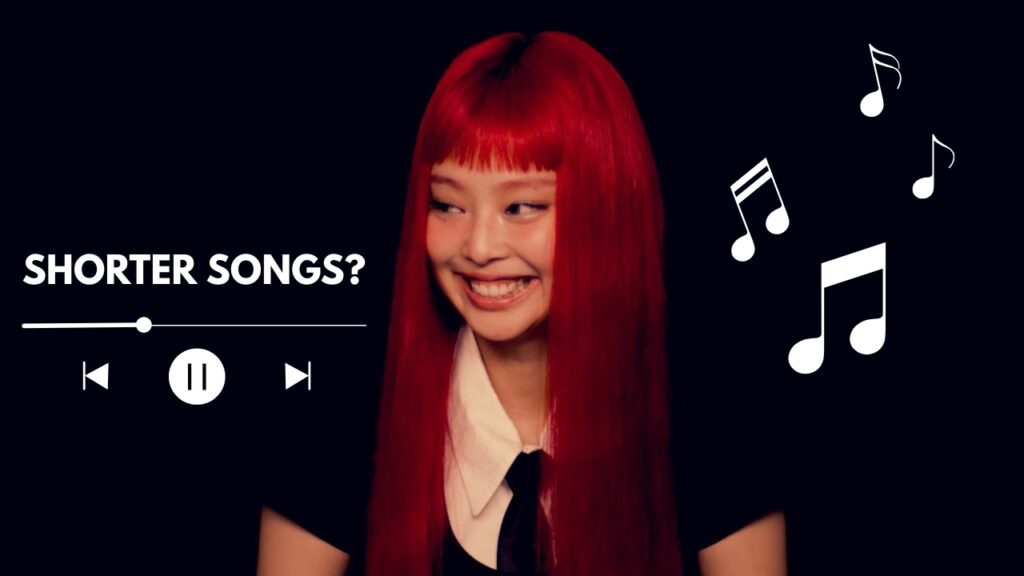K-Pop fans, are you experiencing a sense of déjà vu with each new release? You’re not alone if Jennie‘s latest album, “Ruby,” left you feeling like you’d just sampled a buffet rather than enjoyed a full-course meal. Thirteen tracks plus an intro, yet the longest barely scraped the 3:50 mark (thanks in part to features), with the vast majority clocking in under three minutes. It’s a sentiment echoing across the K-Pop landscape, leaving many wondering: why are so many songs sounding like demos or promos these days?
“It honestly feels like a free sampler demo that used to be given out at K-Pop concerts,” one netizen lamented in an online discussion community.
While the user specifically mentioned Jennie, they astutely pointed out,
“This applies to the whole industry. It is really killing K-Pop for me and honestly screams laziness.”
“The longest song on Sabrina Carpenter‘s Short n’ Sweet album is 3:44 and the shortest is 2:14. This is a general music trend, not just K-pop. It’s a pop music problem.”
So, what’s fueling this trend towards brevity? The digital age, it seems, holds the key. Several compelling theories have emerged from the online discourse:
The TikTok and Streaming Algorithm Equation
This seems to be the most frequently cited culprit. The logic is simple: shorter songs equal more potential streams. More streams, in turn, translate to higher revenue through streaming royalties. Shorter songs = more streams and more streams = more revenue (streaming royalties). Which didn’t matter in the past because revenue was linked to CD sales where the length of the track wasn’t important.
The Medium Dictates the Message
Think back to the radio era. Songs often featured longer instrumental intros, partly to give DJs time to introduce the track. Now, with platforms like TikTok dominating music discovery, those lengthy intros are often deemed unnecessary. Now songs are on Tiktok, there’s no need for such intros and the trend is for vocals throughout, so songs are shorter.
The Rise of Short-Form Content
The dominance of platforms like TikTok has undeniably shaped our attention spans. As one commenter bluntly stated,
“I blame TikTok and the rise of short form content…”
This shift in consumption habits might be influencing the way music is created, catering to a generation accustomed to rapid-fire content.
Gaming the System
The emphasis on chart performance, heavily influenced by streaming numbers, has led some to believe that labels are actively trying to “game the algorithms.” Shortening songs or increasing tempo can lead to faster and more frequent repetitions by listeners, boosting engagement and chart positions.
“The fact that the majority of the streams come from Charts playlist, curated ones or recommendation turned a lot of companies and label to try and optimize on that fact. Which ended in shortening the songs (or in most cases upping the tempo) quite a bit.” a netizen wrote.
While the reasons are multifaceted, the underlying feeling for many fans remains the same: a sense of being shortchanged. The longer, more intricate tracks that allowed for deeper immersion and artistic exploration seem to be taking a backseat to bite-sized, easily digestible tunes optimized for the streaming era.
What are your thoughts on newer k-pop songs being shorter in length? Let us know in the comment section below!
